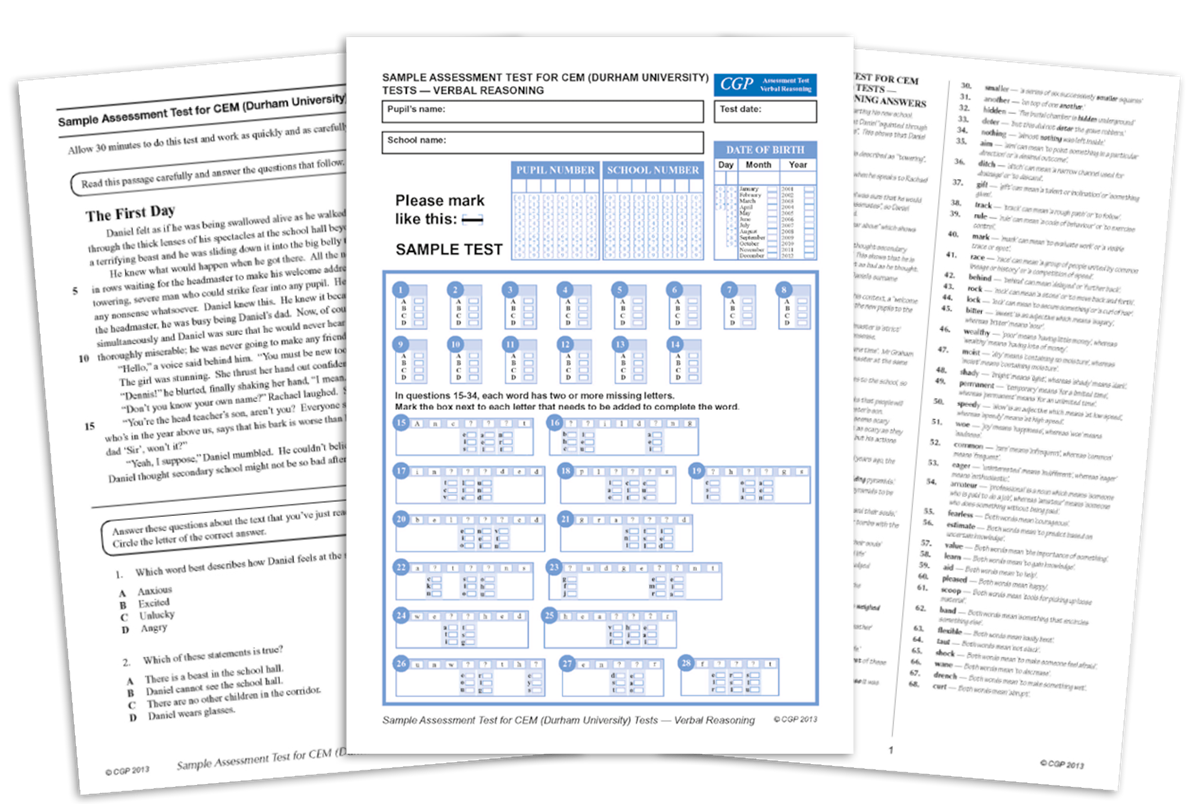06/07/2024
A Closer Look at Grammar Schools
- Manjeyy
- 11/05/2024
Why Does My Child Forget What They Learn at School and Tuition?
Why Does My Child Forget What They Learn at School and Tuition? Here's How to Help Them Remember!
Ever felt like your child's brain is a sieve when it comes to retaining what they've learned at school and tuition? You're not alone. It's a common frustration among parents, but don’t despair—think of this as your guide to turning that sieve into a well-stocked library!
Understanding the 'Forgetting Curve'
The journey starts with understanding why forgetting happens. The 'Forgetting Curve,' a concept developed by psychologist Hermann Ebbinghaus, shows that without reinforcement, memory retention drops sharply over time. Simply put, if new information isn’t effectively reviewed, it starts to fade. Think of it like planting a seed—if you don’t water it, don’t expect flowers to bloom!
Active Learning vs. Passive Listening
One key reason students forget material is the mode of learning they engage in. Passive listening (just hearing the information) isn’t as effective as active learning, where students actively engage with the material through discussion, application, and teaching others.
Quick Tip: Encourage your child to summarize what they've learned in their own words and perhaps teach it back to you. You might end up learning something new too!
Effective Revision Strategies
Consistent revision is crucial. It strengthens memory traces and helps transfer learning from short-term to long-term memory.
Try This: Implement spaced repetition in your child’s study routine. Review material in increasing intervals—after a day, a week, and then a month. There are apps that can help schedule these reviews just at the right time before the memory starts to fade.
Mnemonic Devices
Mnemonics are tools that help remember facts and large amounts of information. They can take the form of acronyms, visual images, or rhymes. For example, the acronym "ROY G. BIV" is a popular way to remember the colors of the rainbow.
Creative Corner: Work with your child to create fun and memorable mnemonics for tricky concepts. The sillier, the better—humour is a fantastic memory aid!
A Healthy Brain Lifestyle
Never underestimate the power of sleep, nutrition, and exercise in learning and memory retention. Adequate sleep helps consolidate memories, turning short-term snippets into long-term knowledge.
Health Hack: Encourage your child to engage in at least 30 minutes of physical activity daily. Physical exercise increases blood flow to the brain and improves cognitive functions, including memory.
Organised Study Space
A cluttered study environment can lead to a cluttered mind. Help your child organise their study space, ensuring it’s quiet, well-lit, and free from distractions.
Pro Tip: Have all study materials easily accessible and encourage your child to keep their space tidy. A clear space means a clear mind!
Parental Support and Patience
Last but not least, show support and patience. The pressure to remember everything can be overwhelming for a child. Your reassurance can make a huge difference in their confidence and motivation.
Remember: Celebrate small victories together. Each little success builds up their confidence and reinforces their ability to retain information.
In conclusion, helping your child improve their memory involves a mix of psychological understanding, practical strategies, and a supportive home environment. With these tools, you'll not only help your child remember their school and tuition lessons but also equip them with skills that last a lifetime. Happy learning!


